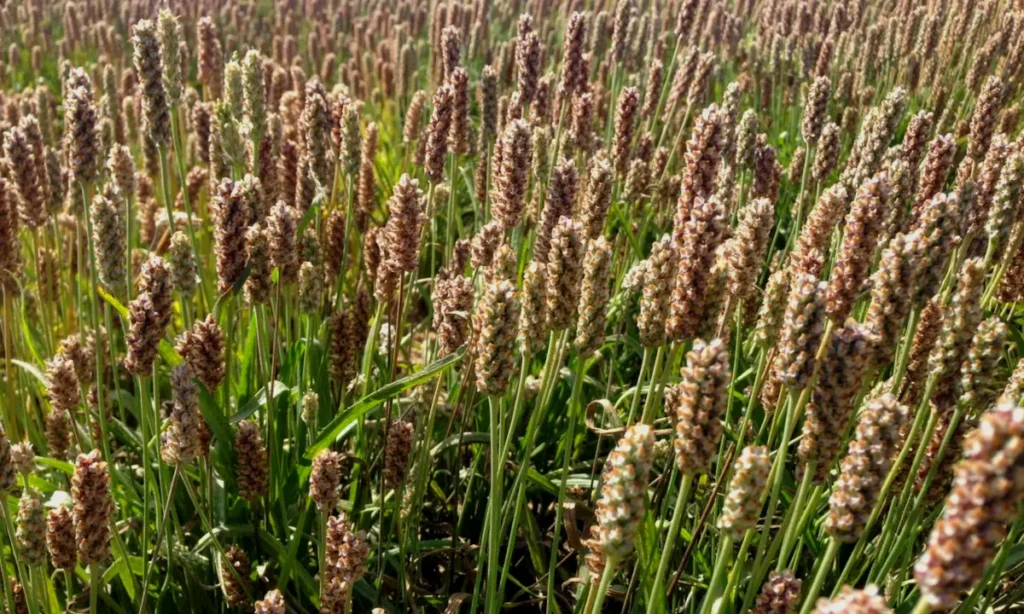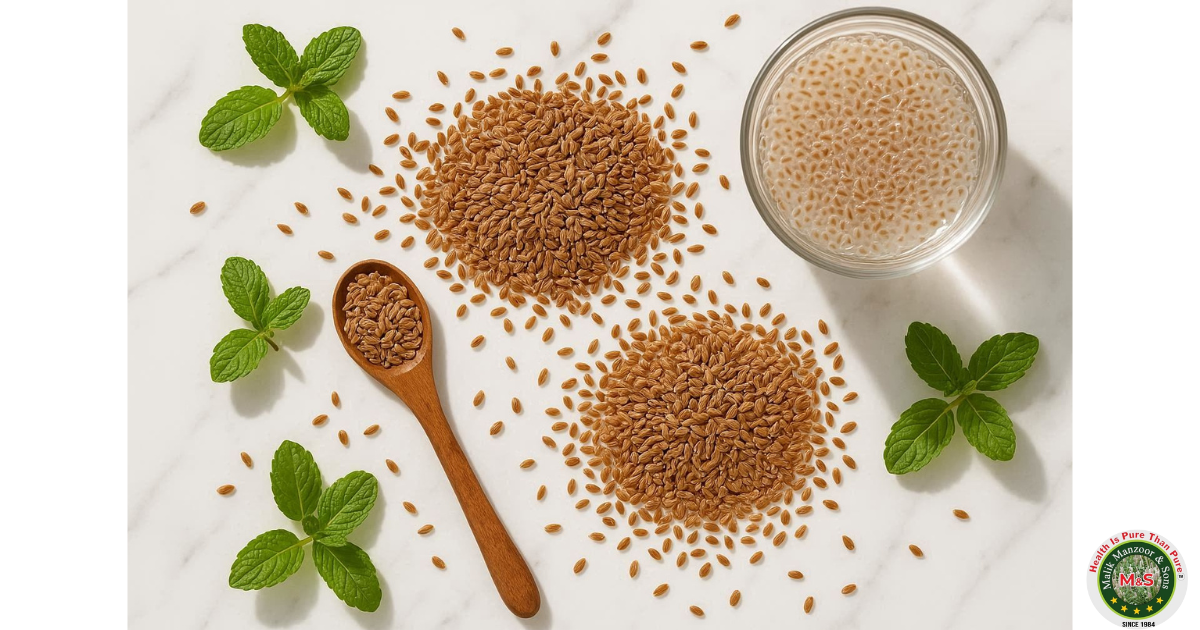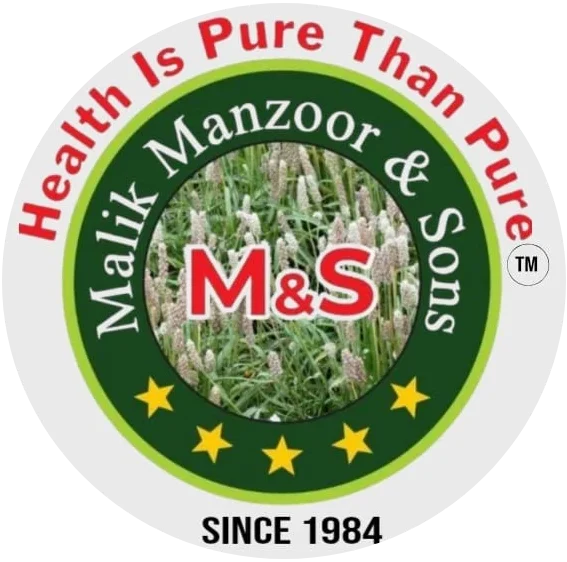Why Psyllium is Becoming a Global Superfood

Introduction
In the world of natural health and nutrition, few ingredients have gained as much attention as Psyllium Husk. Known locally as Ispaghol and derived from the seeds of the Plantago ovata plant, Psyllium has been used for centuries in traditional medicine. Today, it is recognized globally as a superfood rich in soluble fiber with remarkable health benefits. From digestive wellness to heart health, Psyllium is making its way into kitchens, pharmacies, and health stores worldwide.
What is Psyllium?
Origin and Cultivation
Psyllium comes from Plantago ovata, a small herb primarily cultivated in India, Pakistan, and parts of Iran. The plant produces tiny seeds, and from these seeds, Psyllium Husk is derived. These husks are rich in mucilage, a gel-forming fiber that makes Psyllium so effective.
Forms of Psyllium Available
- Psyllium Seeds – the raw form, often used in bulk supply for processing.
- Psyllium Husk (Ispaghol) – the outer covering of the seed, widely used as a fiber supplement.
- Psyllium Powder – finely ground husk, convenient for mixing in drinks, smoothies, or foods.
Why Psyllium is Called a Superfood
Rich Source of Soluble Fiber
One tablespoon of Psyllium Husk contains up to 70% soluble fiber, making it one of the best natural fiber supplements. Soluble fiber plays a vital role in regulating digestion, blood sugar, and cholesterol.
Multiple Health Benefits Backed by Science
- Improves Digestion – supports regular bowel movements and relieves constipation.
- Supports Heart Health – helps reduce LDL (bad cholesterol).
- Controls Blood Sugar – slows glucose absorption, beneficial for people with diabetes.
- Aids in Weight Management – increases satiety, reducing overeating.
- Detoxifies the Body – promotes natural cleansing through regularity.
Global Rise in Demand for Psyllium
Growing Awareness of Gut Health
Modern consumers are more conscious about digestive wellness. Psyllium’s effectiveness as a natural fiber makes it a top choice among health supplements.
Shift Toward Natural & Plant-Based Products
With the rise of plant-based diets and demand for clean-label supplements, Psyllium is now used in bakery products, smoothies, protein powders, and even gluten-free recipes.
Expanding Pharmaceutical and Nutraceutical Use
Psyllium is not just a household remedy—it is widely used in pharmaceuticals, nutraceuticals, and functional foods for its clinically proven benefits.
Psyllium in Everyday Life
Dietary Supplement
Most people consume Psyllium daily by mixing it with water, milk, or juice. It’s a simple way to improve fiber intake.
Culinary Uses
Psyllium Powder is increasingly used in recipes for gluten-free bread, cookies, and desserts to improve texture while boosting nutrition.
Industrial Applications
Food and pharmaceutical companies use Psyllium in bulk to create health supplements, dietary capsules, and fiber-enriched foods.
Why Choose Malik Psyllium?
At Malik Psyllium, we are committed to providing pure, hygienically processed Psyllium that meets international quality standards. Our products are trusted by both consumers and industries for:
- Consistent quality
- 100% natural and gluten-free fiber
- Bulk and retail packaging options
- Reliable global supply
Conclusion
From a traditional household remedy to a modern-day superfood, Psyllium has proven its value in promoting health and wellness. Its versatility, scientific backing, and growing global demand make it more than just a supplement—it’s a lifestyle choice. Whether for digestion, heart health, or weight management, Psyllium continues to establish itself as an essential part of a healthy diet worldwide.
Muhammad Nabeel Arshad
Featured Blogs

Ispaghol Seeds: The Complete Guide to Plantago Ovata’s Health Benefits & Uses
Have you ever wondered what makes those tiny, tear-shaped seeds

Natural Home Remedy for Constipation with Ispaghol
Constipation is one of the most common digestive problems today,

1 thought on “Why Psyllium is Becoming a Global Superfood”
Hi, this is a comment.
To get started with moderating, editing, and deleting comments, please visit the Comments screen in the dashboard.
Commenter avatars come from Gravatar.